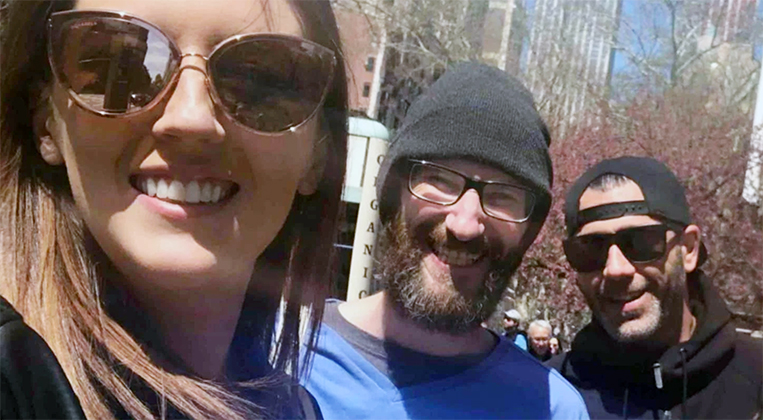
It’s Christmas. We’re all in the mood to give. No questions asked. For many of us, now is the time to give back to others as a sign of our gratitude for all the blessings we received this past year. And for the most part, it’s okay. It never hurts to be generous toward other people—especially those who are in need.
But this shouldn’t mean we need to give blindly. In this age of blatant (and oftentimes digital) fraudulence, it’s becoming increasingly difficult to tell if you’re really giving to the disadvantaged or are merely falling for a scam. We’ll let the following story explain what we mean.
In November last year, we shared the story of a homeless man (Johnny Bobbitt Jr.) in the city of Philadelphia in the US, who had reportedly helped a stranded motorist (Kate McClure) by giving her his $20 so she could buy fuel for her car. McClure and her boyfriend Mark D’Amico—supposedly out of gratefulness and compassion—proceeded to set up an online fundraiser (via GoFundMe) for Bobbitt so the latter could do better in life.
Predictably, people were touched (including us, as evidenced by the fact we wrote about the episode). A man who had no roof over his head gave up what was presumably his last money just to assist a female driver in distress. It had all the ingredients of an early-afternoon TV drama. So folks pulled out their credit cards and donated to what they felt was a good cause.
Or was it?
This happens all the time because we live in a fucked-up world. Lesson? Screw giving based on viral social-media posts
Things began to unravel when Bobbitt filed a complaint against the couple, claiming that the pair had kept the bulk of the amount (around $400,000) raised in the online campaign. And now, the authorities have determined that the whole thing was actually a scam—that no such $20 sacrifice on the part of a homeless man ever took place. In short, the feel-good story had been made up to coax netizens into contributing to the loot.
According to a CNN report, this text message by McClure to a friend is now part of the investigation: “Okay, so wait, the gas part is completely made up, but the guy isn’t. I had to make something up to make people feel bad.” We hope she goes to jail for this.
Now that the case is officially under investigation, a GoFundMe spokesperson has announced that every single person who gave money to this specific fund has been “fully refunded.” The spokesperson is quoted by NBC News as saying that “this type of behavior…is extremely rare.”
Indeed, how could anyone use a sob story to swindle others?
Oh, wait. It happens all the time…because we live in a fucked-up world. Lesson? Screw giving based on viral social-media posts. Many such posts are from fame whores who just want to either be popular or make a quick buck (or both). Believe us, we know.











Comments